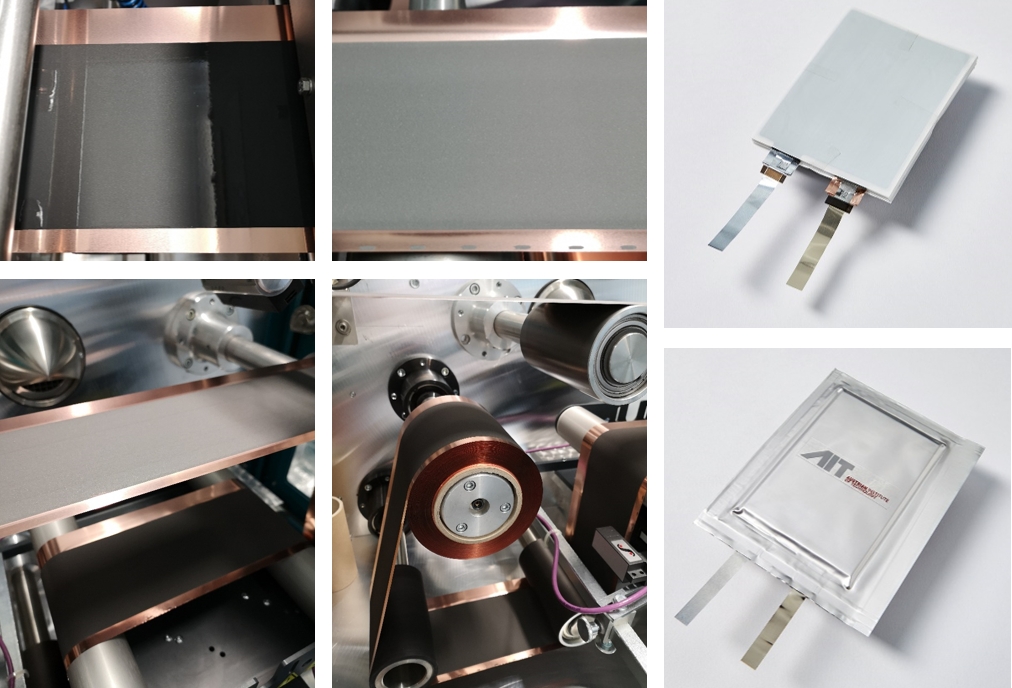Lithium-ion battery with silicon anode, nickel-rich cathode and in-cell sensor for electric vehicles
Lithium-ion batteries are the most promising power sources for future transportation. Extending the driving range and enabling fast charging are key for promoting the adoption of electric vehicles.
The vision of the EU-funded SeNSE project is to enable a competitive European battery industry through research and innovation for a sustainable next-generation lithium-ion battery technology covering the value chain from materials and electrode development and production to cell and module manufacturing including battery management system and cooling architectures.
In particular, the project aims to create next-generation lithium-ion batteries with a silicon-graphite composite anode and a nickel-rich Nickel Manganese Cobalt (NMC) cathode to reach a volumetric energy density of 750 Wh/l. Cycling stability is the key challenge for the adoption of this cell chemistry. The objective is to reach 2000 deep cycles by:
- reducing the surface reactivity of the active materials by a combination of novel film-forming electrolyte additives and active materials coatings,
- compensating irreversible lithium losses during the first cycles employing pre-lithiated silicon and providing an on-demand reservoir of excess lithium in the cathode,
- identifying and controlling critical cycling parameters with data provided from in-cell sensors.
The new battery will also provide improved sustainability and recyclability, reduced production costs and a battery management system coupled to dynamic in-cell sensors to enable faster charging.
AIT works in collaboration with other partners in SeNSE project and focuses on the following activities:
- Development of advanced composite electrode formulations of Si-graphite anode materials,
- Studying and optimization of the aqueous electrode processing of Ni-rich cathode materials,
- Upscale the anode and cathode formulations from lab to pilot-scale to produce electrode coils that will be used for prototype cells,
- Manufacturing prototype pouch cells using AIT research pilot line and performing performance and safety test.





![[Translate to English:] EU Flagge](/fileadmin/_processed_/6/e/csm_EU_flag_yellow_high_d3fade0c6a.jpg)